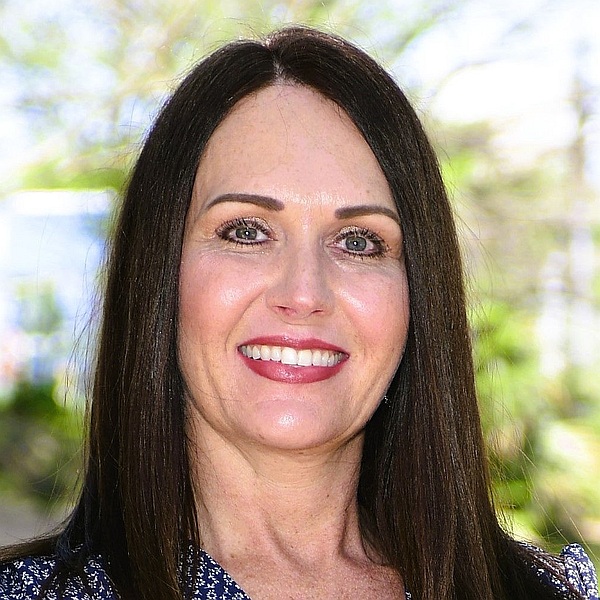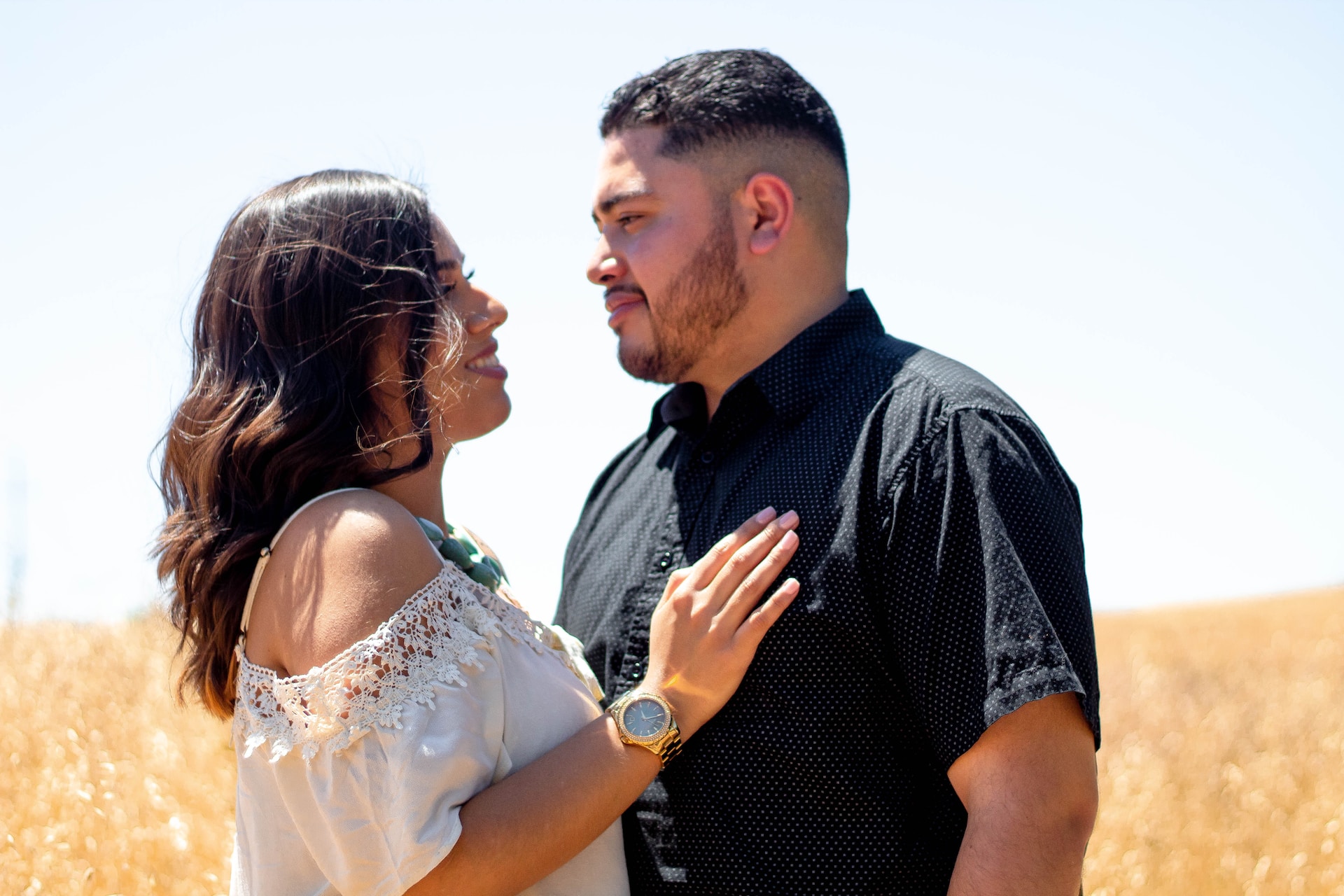The beauty of intimate relationships emerges from being seen and known by those who love us. Unconditional love and acceptance remove certain barriers from having to explain parts of ourselves that seem odd or unusual to others outside our family circle. This can free us to fully be who God created. However, this is not the case with every family. Sometimes, challenges with intimacy arise when our hearts feel unsafe with those closest to us, giving rise to a toxic family.
Understanding the toxic family
When toxicity rules our communication, it makes it difficult to connect. Our interactions become governed by mistrust, and we find ourselves among strangers in the place we call home. Within the network of people who may share our name or genetic makeup, we sometimes find ourselves cycling in a loop of dysfunction.
 What originates as an ordinary encounter on the surface can explode into an assault on our psyche and emotions. The people who love us, though imperfect, may not possess the skills to communicate their thoughts and feelings in ways that don’t objectify or offend.
What originates as an ordinary encounter on the surface can explode into an assault on our psyche and emotions. The people who love us, though imperfect, may not possess the skills to communicate their thoughts and feelings in ways that don’t objectify or offend.
We may engage in interactions where we and our family members weaponize each other’s vulnerabilities. In a sense, it seems like both a blessing and curse that our families know our sensitive areas better than most. However, when conflict erupts, no one is safe when we lance one another’s soft spots. When we misuse prized information against each other, it indicates our collective unresolved personal pain. Our relatives’ humanity collides with ours, deepening wounds that seem impossible to heal.
This is not the way that God intended for us to live or relate to one another. Overcoming these feelings requires more than just dismissing the encounters from our thoughts or cutting off communication. Ignoring it changes nothing, but rather breeds more of the toxicity we don’t address.
What we can do is embrace God’s grace to craft a recipe for peace, in partnership with Him and even our family members. The following principles will offer spiritual insight and practical guidance to help and heal souls and family connections in need of care.
Making peace
As kingdom children, we esteem others with kindness. Making peace in our relationships is reflected further in our call to live a life of “one anothers.” It looks different for all at various times, but at its core, we are to love and pray for one another.
We forgive as evidence of Christ’s love abounding in our lives. When we show mercy and compassion, we are an example of what Jesus’ love looks like on earth. Our hands and feet extend to love and serve with joy and gratitude.
In Jesus’ famed sermon on the mount, he outlined the attitudes for us to embrace in being more like the Father. The Beatitudes convey that we are graced to make peace. This is different from keeping peace, which is more concerned with avoiding conflict to minimize disturbance.
This same Jesus seems to contradict Himself when He said He didn’t come to bring peace, but rather a sword (Matthew 10:34-40). In this, we recognize that making peace means that we embody, speak, and carry the sharp edge of the Lord’s Word to light the darkness, no matter where or in whom.
 Sometimes, the dark places are found in connection with those nearest to us, though our flesh and blood relatives are not our real enemies (Ephesians 6:12). Being a peacemaker translates to having difficult conversations or making tough decisions in the most challenging situations, often in our own family structures.
Sometimes, the dark places are found in connection with those nearest to us, though our flesh and blood relatives are not our real enemies (Ephesians 6:12). Being a peacemaker translates to having difficult conversations or making tough decisions in the most challenging situations, often in our own family structures.
Whether we are practicing communication strategies, establishing boundaries, or embracing forgiveness, we actively co-labor with Christ. Every decision and action ushers in the newness that God longs to bring. Eternally, God wants to restore the family of humanity, including our relatives. In the here and now, He wants our partnership to activate peace on earth as He establishes His kingdom reality in us.
Blessed are the peacemakers, for they shall be called sons of God. – Matthew 5:9, ESV
Forgiveness and freedom
Forgiveness acts as a doorway to peace, allowing us to sever the ties that bind us to the pain of the past. When we forgive, we release ourselves from holding on to the incident. Furthermore, we vanquish pain’s ability to hold us captive. We trust justice to God, who is able to manage what we cannot. We don’t get to pick our family’s punishment because we don’t judge righteously as God does.
He who planted the ear, does he not hear? He who formed the eye, does he not see? for justice will return to the righteous, and all the upright in heart will follow it. – Psalm 94:9, 15, ESV
When we wrestle with unforgiveness, we question if God sees, knows, or cares about our secret pain. We can be certain that God will hold any wrongdoing accountable, but we don’t have to be personally responsible for overseeing it. In trusting Him to handle our feelings of hurt and the decision to forgive, we free ourselves and others into His merciful care.
 As sinful people, we are not inclined to show mercy; as believers, we require God’s grace to do that. When we do, our forgiveness embraces the greatest demonstration of love, faith, and surrender to a Father who cares for us more than we could imagine.
As sinful people, we are not inclined to show mercy; as believers, we require God’s grace to do that. When we do, our forgiveness embraces the greatest demonstration of love, faith, and surrender to a Father who cares for us more than we could imagine.
Setting boundaries
When toxic family relationships have been characterized by controlling and codependent behavior, its poison permeates every part of our being. While our spirit has been made new, the other parts that make us who we are in terms of our soul (our mind, will, and emotions) must be renewed daily as we submit ourselves to the Lord (Romans 12:1-2).
Those are not overnight changes, no matter how miraculous our conversion. As we grow in grace, we learn to shed the mindsets and the actions that are not in alignment with God’s highest and best for us.
We won’t have perfect relationships. We may not have our preferred degree of closeness and emotional intimacy with family members, especially while we are healing from an offense or pattern of toxic behavior. However, God may be working through our challenges to reveal love as the better way. Sometimes, the better way is the path cleared by a healthy boundary.
Recognizing this presents an opportunity for God’s healing to manifest in our lives with some essential time apart and clarified expectations about the words and behaviors that will govern our interactions.
We don’t gloss over inappropriate behaviors or leave ourselves open to unnecessary injury. Neither do we put aside love and grace so we can retaliate or be intentionally punitive or unkind. As we ask for wisdom, the Holy Spirit will guide us with demonstrating forgiveness, setting boundaries, and organizing our communication in ways that honor and heal.
The way that we relate to one another reflects our experience of His love. We need His love to transform and restore us, so we can release that into our relationships, whether we love each other up close or from a distance.
Confident communication
While some time spent apart may be necessary for individual healing, we trust the Holy Spirit to reveal the next steps in terms of guiding and resuming communication. We don’t have to rush and try to make the relationship something that it isn’t ready to embrace or sustain.
 As we prayerfully consider what it looks like to reconcile and be in a relationship with our relatives, we must be open to the Lord’s timing and strategies for our personal healing, growth, and change. A counselor can offer support and skills to engage in healthier relationships with forgiveness, boundaries, and communication.
As we prayerfully consider what it looks like to reconcile and be in a relationship with our relatives, we must be open to the Lord’s timing and strategies for our personal healing, growth, and change. A counselor can offer support and skills to engage in healthier relationships with forgiveness, boundaries, and communication.
Communication encompasses both speaking and listening. Learning to listen to spoken and implied messages while understanding nonverbal cues are important skills for relationships. As we grow in this area, we will also practice conveying our sentiments with clarity and confidence. Locating a qualified counselor will furnish us with the empathy and the safe space needed to practice and enhance healthy connections.
Next steps for healing a toxic family
Even as you love and forgive, it may be safest to do it from a distance at first. Seek the Lord first, and then find a counselor to walk through the healing process with you. Working through some of the raw pain and memories that contribute to any triggers and present distress may require time and space. I would love to be that counselor for you. Counseling will assist you in finding what’s needed to make peace, first with yourself, and then for healing family relationships.
“Happy Family”, Courtesy of AlisaDyson, Pixabay.com, CC0 License; “Family at Sunset”, Courtesy of geralt, Pixabay.com, CC0 License; “Love”, Courtesy of JUrban, Pixabay.com, CC0 License; “Praying”, Courtesy of Patrick Fore, Unsplash.com, CC0 License
-
Mary Moseley: Author
As a Licensed Professional Counselor Supervisor with more than fifteen years of counseling experience, I offer a compassionate, welcoming space where you can share your concerns and learn effective techniques to overcome. Drawing from both personal a...
-
Kate Motaung: Curator
Kate Motaung is the Senior Writer, Editor, and Content Manager for a multi-state company. She is the author of several books including Letters to Grief, 101 Prayers for Comfort in Difficult Times, and A Place to Land: A Story of Longing and Belonging...
DISCLAIMER: THIS ARTICLE DOES NOT PROVIDE MEDICAL ADVICE
Articles are intended for informational purposes only and do not constitute medical advice; the content is not intended to be a substitute for professional medical advice, diagnosis, or treatment. All opinions expressed by authors and quoted sources are their own and do not necessarily reflect the opinions of the editors, publishers or editorial boards of Stone Oak Christian Counseling. This website does not recommend or endorse any specific tests, physicians, products, procedures, opinions, or other information that may be mentioned on the Site. Reliance on any information provided by this website is solely at your own risk.





